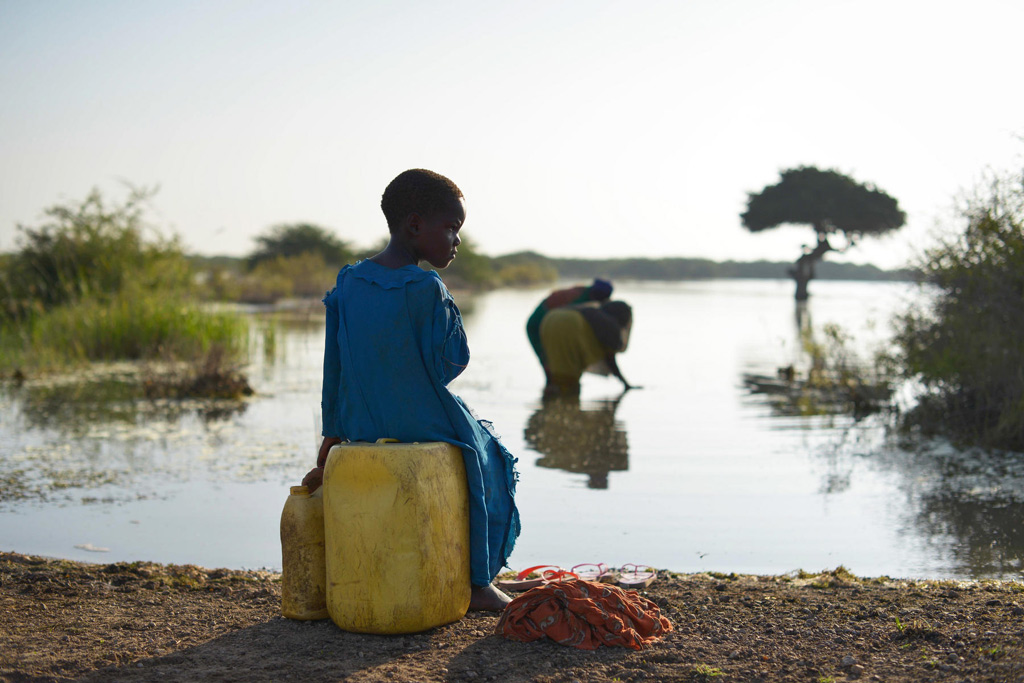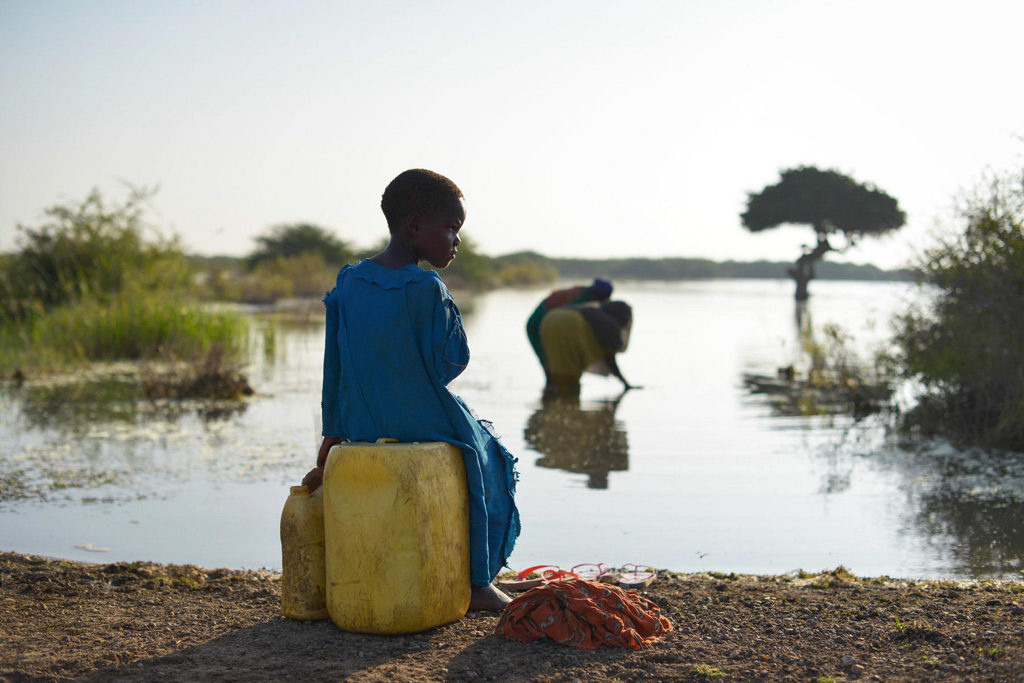Conflict accelerating hunger in Horn of Africa-UN


By Fauxile Kibet
Constant political wrangles and conflict stand out as the major drivers of hunger that has ravaged several countries in the Horn of African and caused thousands of deaths.
US ambassador to the United Nations Nikki Haley told the Security Council Friday warring factions in hunger hit countries are impeding efforts by aid agencies to reach communities in these countries.
“The main reason we face a risk of famine in Yemen, South Sudan, northeast Nigeria, and Somalia is that fighters are not letting food get to those who need it. In some cases, there are reports that warring parties are trying to starve entire communities into submission. It’s horrifying. And it demands this Council’s full and immediate attention.”
UN statistics indicate it will need to pump more than $575 million in additional aid to assist populations facing starvation. This now brings the total contribution by the global body to $2.4 billion.
The Security Council, while urging member states to contribute more towards hunger mitigating measures opined that increase in funding alone was not enough but more effort should be directed towards maintenance of peace, security and human rights.
“Famine is both the result of the break down in peace, security, and human rights, and the contributor to further violence and insecurity. We ask that we not stop at words and donations alone. Let’s go one step further to hold those preventing access accountable for their crimes,” Ambassador Haley argued.
Her remarks echoed sentiments made by the UN Secretary General Antonio Guterres who said that there existed a link between conflict and famine. The UN Security Council meeting focused on famine and threats to international peace and security, conflict was contributing to hunger at the region.
Guteres said conflict in one country creates demands on its neighbors to provide food and basic services to refugees which leads to further instability affecting the security of the entire region.
In August, the United Nations Security Council made an appeal for an analysis on country-specific impediments to an effective response to the risk of famine in Yemen, Somalia, South Sudan and north-east Nigeria.
Guterres observed that early famine warning mechanisms have worked well in the affected countries as it sparked international response to appeals for donations. However, he added more effort should be put on resolving the major cause which is conflict.
“While humanitarian aid is saving lives, we have not dealt with the one major cause of food shortage which is conflict.”
The UN chief said armed groups and arbitrary taxation by government entities were making it difficult for aid agencies to deliver much needed food aid in Somalia. Noting that 1.9 million people were in a hard to reach state in Somalia, Guterres said conflict between levels of government was becoming a far greater obstacle which must be addressed.
“Specifically, I ask the Council to continue to engage in and support the political process in Somalia, and encourage the Federal Government of Somalia and the Federal Member States to stabilize their relationship. We see with concern that this process is not going as smoothly as we would like,” said Guterres.